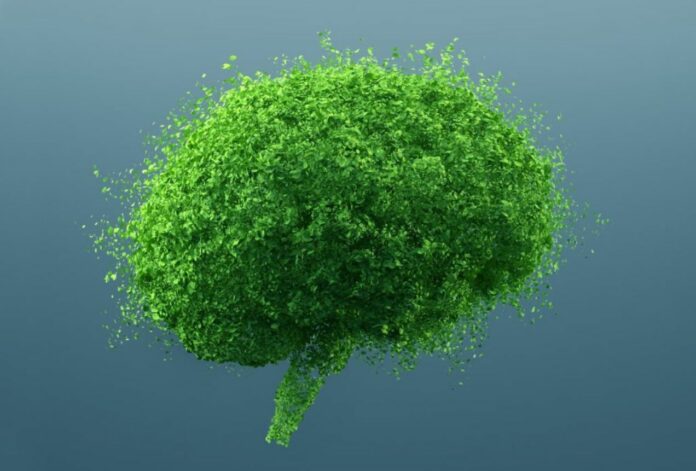Stroke patients treated with a clot-busting medication or mechanical removal and butylphthalide, derived from celery seed, showed improved neurological function and milder symptoms after three months, compared to those treated with just clot removal and a placebo, according to a study set to be presented at the 2023 American Stroke Association’s International Stroke Conference.
Previous research in China has demonstrated butylphthalide’s potential to protect the brain from stroke-related damage in animal models.
The goal of the present trial was to determine if butylphthalide therapy may enhance patient outcomes after the first administration of the clot-busting drug tissue plasminogen activator (tPA), a mechanical clot removal procedure, and/or butylphthalide.
Butylphthalide is presently not authorized by the U.S. Food and Drug Administration despite being allowed for use in China to treat ischemic stroke.
This is the first experiment to demonstrate the benefits of a drug that protects brain tissue from oxygen deprivation. According to co-author Baixue Jia, the drug was administered to patients with acute ischemic stroke who were simultaneously undergoing therapy to reestablish blood flow to the brain.
1,216 persons (average age, 66 years; 68% males) who had a stroke and were treated with tPA or mechanical clot removal treatment were followed for 90 days to see how they responded. The patients received care between 2018 and 2022 at one of 59 Chinese hospitals.
Patients with mild stroke symptoms (defined as 0-3 on the National Institutes of Health Stroke Scale; NIHSS) or severe stroke symptoms (defined as >26 on the NIHSS) at the time of their first examination were not included in this research.
Participants were randomly assigned to receive either butylphthalide or a placebo provided via daily intravenous injection for the first 14 days, followed by 76 days of oral capsules, in addition to their doctor-determined initial therapy.
The patients (607 adults) were randomized to receive butylphthalide therapy or a placebo (609 adults). Both the study staff and the patients were unaware of which volunteers were given which therapy.
Results were considered positive if a person showed the following indicators 90 days after a stroke:
Patients with a mild to moderate stroke (scoring 4-7 on the NIHSS) and no symptoms (scoring 0 on the modified Rankin Scale) after treatment, those with a moderate to severe stroke (8-14 on the NIHSS) and either no residual symptoms or mild symptoms not affecting daily activities (0-1 on the disability scale), and those with a serious to severe stroke (15-25 on the NIHSS) with either no remaining symptoms or a slight disability only affecting some activities (0-2 on the disability scale) were included in the study.
The research revealed:
- Compared to the placebo group, participants in the butylphthalide group were 70% more likely to have a positive result after 90 days.
- Butylphthalide significantly improved function in subgroups of patients who had had tPA initially, endovascular therapy, or both tPA and endovascular therapy.
- Recurrent stroke and cerebral hemorrhage, which are also secondary outcomes, did not vary substantially between the butylphthalide and placebo groups.
When compared to patients who got a placebo, those who received butylphthalide had fewer severe neurological symptoms and had a higher quality of life 90 days after their stroke.
“If the results are confirmed in other trials, this may lead to more options to treat strokes caused by clots,” Jia said.
It is unclear how butylphthalide functions, but animal studies point to a number of potential processes. According to Jia, the next step should be doing research into the specific mechanisms of butylphthalide in people.
Results may not apply to stroke patients who were treated in a different way, since the research only included those who had had first therapy with intravenous clot-busting medicine or surgery to remove the clot, or both.
Results from this experiment done in China may not apply to people elsewhere. Additionally, the FDA has not cleared butylphthalide for any purpose in the United States.
These results are “interesting”, but it’s important to keep in mind that this is just one “small study” of a specific “population in China,” according to American Stroke Association expert Daniel T. Lackland, who was not involved in the study.
“Butylphthalide, a medication initially compounded from celery seed, is not ready for use in standard stroke treatment; however, these results warrant further study consideration,” the expert added.
“The medication used in this study is not the same as celery seed or celery seed extract supplements. Stroke survivors should always consult with their neurologist or health care professional regarding diet after a stroke.”
Image Credit: Getty
